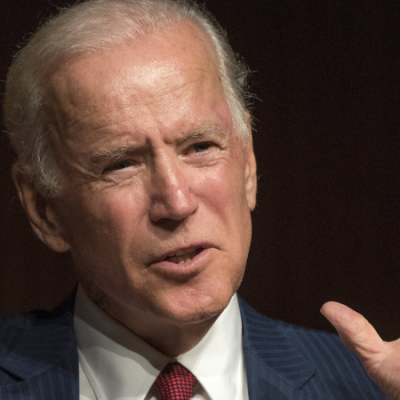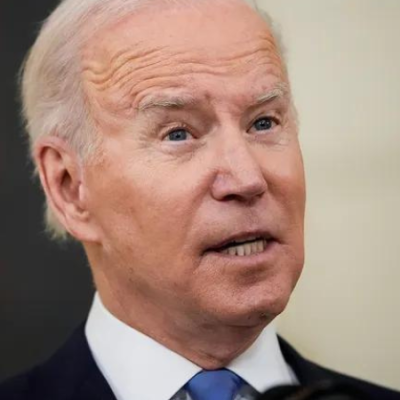How the US Trade Bank Undermines Biden’s Climate Leadership by Financing Oil Wells in Bahrain

President Joe Biden has pledged to make the US a global leader in the fight against climate change, promising to cut greenhouse gas emissions by 50% by 2030 and achieve net-zero emissions by 2050. However, his ambitious agenda faces a major obstacle: the US Export-Import Bank (EXIM), a federal agency that provides loans and guarantees to support US exports.
EXIM’s Controversial Deal with Bahrain
In December 2023, EXIM approved a $5 billion financing package for the expansion of the Bahrain Petroleum Company (Bapco), a state-owned oil and gas company. The deal, which was supported by the Biden administration, aims to increase Bapco’s crude oil production capacity by 54%, from 260,000 barrels per day to 400,000 barrels per day.
According to EXIM, the deal will support 18,000 US jobs and generate $881 million in revenue for the US Treasury over the 14-year repayment period. EXIM also claims that the deal will help Bahrain diversify its economy and reduce its dependence on fossil fuels, as Bapco plans to invest in renewable energy projects and carbon capture technologies.
However, environmental groups and some lawmakers have criticized the deal, arguing that it contradicts Biden’s climate goals and undermines his credibility on the international stage. They point out that the deal will result in an estimated 100 million tons of carbon dioxide emissions over its lifetime, equivalent to the annual emissions of 21 million cars. They also question the feasibility and effectiveness of Bapco’s green initiatives, which have not been independently verified or monitored.
Keep Reading
The Need for Reform
The EXIM-Bapco deal is not an isolated case. EXIM has a long history of financing fossil fuel projects around the world, often in countries with poor environmental and human rights records. Between 2009 and 2019, EXIM provided $34.6 billion in financing for fossil fuel projects, accounting for 40% of its total portfolio. In contrast, it provided only $2.4 billion for renewable energy projects, or 3% of its portfolio.
EXIM’s fossil fuel financing has been challenged by several lawsuits, petitions, and congressional bills, but none of them have succeeded in changing its policies or practices. EXIM operates under a mandate that requires it to support US exports that are commercially viable and have a reasonable assurance of repayment, regardless of their environmental or social impacts. EXIM also faces pressure from the US oil and gas industry, which lobbies for its support and influence its board of directors.
To align EXIM with Biden’s climate agenda, environmental groups and some lawmakers have called for a comprehensive reform of the agency. They propose to end EXIM’s financing for fossil fuel projects, increase its support for renewable energy and clean technology exports, and adopt stricter environmental and social standards for its projects. They also urge Biden to appoint new board members who share his vision and values.
The EXIM-Bapco deal is a stark example of how the US Trade Bank undermines Biden’s climate leadership by financing oil wells in Bahrain. The deal not only contributes to global warming, but also damages the US’s reputation and credibility as a climate champion. To prevent such deals from happening again, EXIM needs to undergo a radical reform that aligns its mission and operations with Biden’s climate goals. Only then can the US Trade Bank become a force for good in the world.







